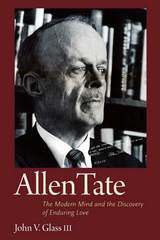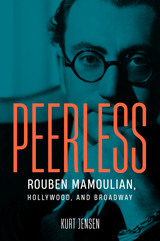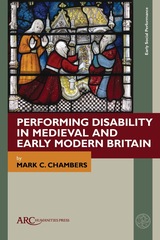

Allen Tate and His Work was first published in 1972. Minnesota Archive Editions uses digital technology to make long-unavailable books once again accessible, and are published unaltered from the original University of Minnesota Press editions.
The thirty-five essays and memoirs about Allen Tate which are collected in this volume along with the introduction by Radcliffe Squires provide a perceptive, many-windowed view of Tate's work and his life. Poet, critic, novelist -- Tate is all of these, and the selections, reflecting these various aspects of his career, are arranged in sections entitled "The Man," "The Essayist," "The Novelist," and "The Poet." As Professor Squires points out, the last three divisions take cognizance of the astounding diversity of Tate's achievement. "But in a last analysis," he continues, "the divisions are an Aristotelian nicety, an arbitrary convenience. His work is really all of a piece. It has all derived from the same energy, the same insights. It has all had a single aim."
What is that aim? Squires compares it to a simple physics experiment in which students are taught the principles of pressure, and he goes on to explain: "The synergy of Allen Tate's poetry, fiction, and essays has had the aim of applying pressure—think of the embossed, bitterly stressed lines, his textured metaphors—until it brings up before our eyes a blanched parody of the human figure, which is our evil, the world's evil, so that we begin to long for God. That has seemed to him a worthwhile task to perform for modern man threatened by such fatal narcissism, such autotelic pride that he is in danger of disappearing into a glassy fantasy of his own concoction. We shall need his help for a long time to come."
The selections were first published in a variety of periodicals and books over the years. The volume includes a substantial bibliography.
READERS
Browse our collection.
PUBLISHERS
See BiblioVault's publisher services.
STUDENT SERVICES
Files for college accessibility offices.
UChicago Accessibility Resources
home | accessibility | search | about | contact us
BiblioVault ® 2001 - 2024
The University of Chicago Press









